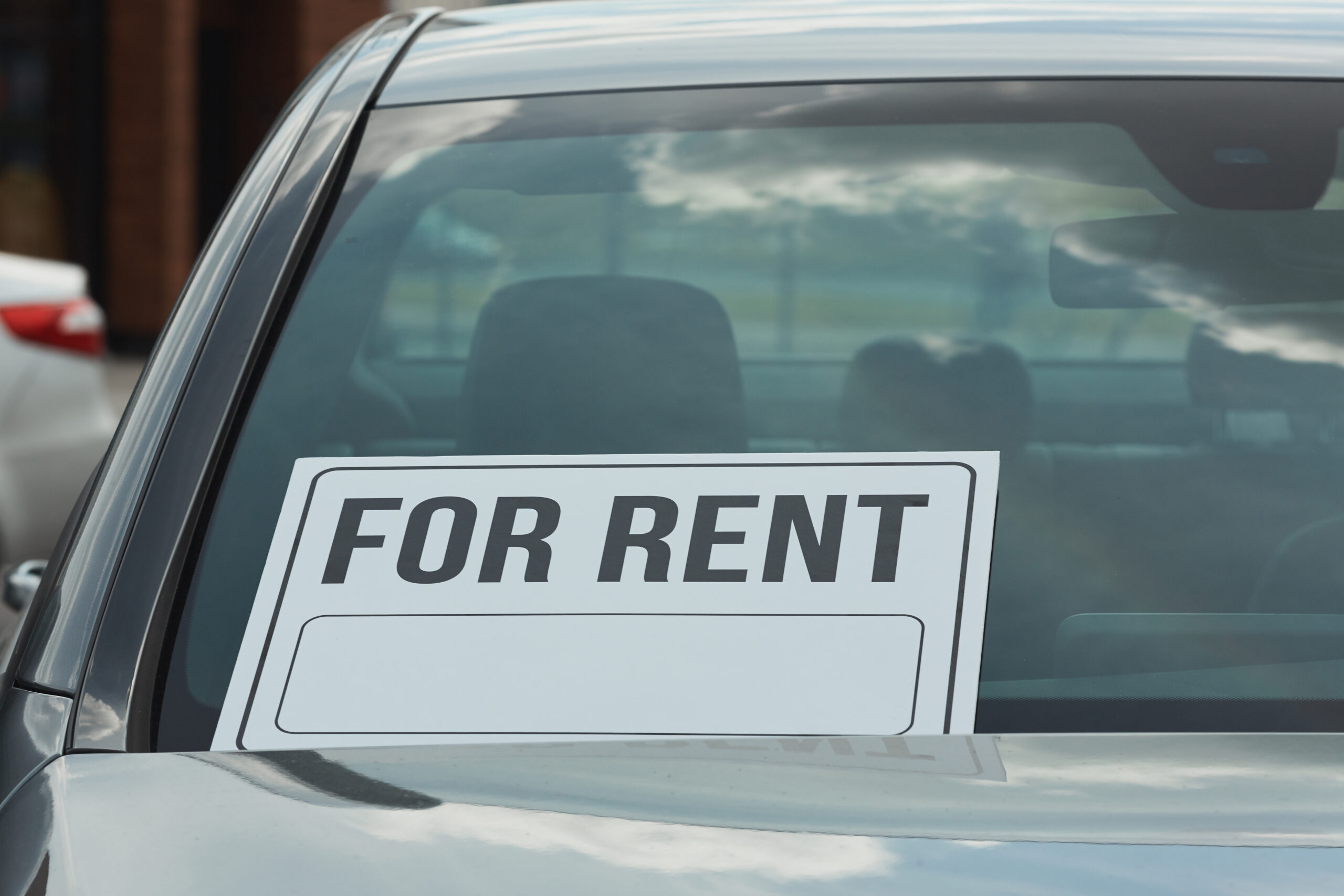
Renting a car in Canada offers a fantastic way to discover the country’s stunning landscapes, vibrant cities, and charming small towns. Whether you’re planning a road trip across the Rockies, exploring the cultural richness of Quebec City, or simply needing a vehicle for a local adventure, understanding the age requirements is crucial. Also, knowing how old you have to be to rent a car can help to avoid any surprises during your trip.
In Canada, car rental policies can be somewhat complex, particularly regarding age restrictions and associated fees. Although the minimum age for renting a car in Canada is 21, each province has specific rules and may apply extra fees for younger drivers. This means that how old to hire a car in Canada can vary depending on where you are. These policies are influenced by factors such as insurance risks and provincial regulations, making it essential for prospective renters to be well informed.
This guide will provide detailed information on the age to rent a car across Canada, breaking down the specific rules for each province to help you navigate the rental process smoothly.
How Old To Rent a Car in Canada?
| Province | Minimum Age | Young Driver Surcharge | Additional Notes |
| Ontario | 21 | Additional charges for drivers under 25 | May require additional fees or restrictions for drivers under 25. |
| British Columbia | 21 | A surcharge for young drivers is applied to those under 25. | Similar to Ontario, with potential additional fees for younger drivers. |
| Quebec | 18 | Extra fees for drivers under 25 | One of the few provinces where drivers can rent cars at 18. |
| Alberta | 21 | Surcharge for drivers under 25 | Generally follows the national trend of requiring 21 for car rentals. |
| Manitoba | 21 | Charges for drivers under 25 | Similar to Alberta, with a minimum age of 21. |
| Nova Scotia | 21 | Additional fees for drivers under 25 | Consistent with most provinces, requiring drivers to be at least 21. |
| Newfoundland and Labrador | 21 | Young driver surcharge applies |
Follows the national guideline of requiring a minimum age of 21. |
| Saskatchewan | 18 | Surcharge for drivers under 25 | Another province where drivers can rent cars at 18, but additional fees or restrictions may apply. |
| Prince Edward Island | 21 | Additional fees for drivers under 25 | Adheres to the general requirement of being 21 to rent a car. |
General Car Rental Age Policies

In Canada, the standard minimum age for renting a car is 21 years. This rule applies across most provinces. However, rental companies often impose additional restrictions and fees for drivers under 25 years of age. These policies are designed to mitigate the perceived higher risk associated with renters under 25.
Here’s what you need to know about general car rental age policies:
- Age to rent a car: Most of car rental companies require drivers to be at least 21 years old.
- Young Driver Surcharge: Drivers under 25 typically face an additional fee, known as a young driver surcharge. This fee can vary widely between rental companies.
- Insurance Requirements: Younger drivers may have to meet higher insurance requirements or purchase additional coverage.
Also Read: Requirements to Rent a Car in Canada
Province-Specific Age Requirements
1. Ontario
The minimum age to rent a car in Ontario is 21, and rental agencies typically apply a young driver fee for individuals under 25. This fee can range from $10 to $30 per day, depending on the rental location.
2. British Columbia
British Columbia also has a minimum rental age of 21. A daily young driver fee is usually applied to those under 25, and the cost can vary between rental agencies.
3. Quebec
In Quebec, the rules are similar to those in Ontario and British Columbia regarding the age to rent a vehicle. The minimum rental age is 18 years of age, with additional fees for renters under 25.
4. Alberta
Alberta follows the same minimum age requirement of 21. Young drivers will face a surcharge, which can differ based on the rental company and the duration of the rental.
5. Manitoba
To rent a car in Manitoba, drivers must be at least 21 years old, and those under 25 will incur additional fees.
6. Nova Scotia
In Nova Scotia, the minimum age is 21. Young drivers will face extra charges, which are applied to cover the increased risk associated with younger drivers.
7. Newfoundland and Labrador
The minimum age to rent a car in Newfoundland and Labrador is 18. Drivers under 25 will face an additional fee known as a young driver surcharge at most rental locations.
8. Saskatchewan
To rent a car in Saskatchewan, you need to be 21 or older, with an additional fee for drivers under 25.
9. Prince Edward Island
In Prince Edward Island, the minimum rental age is 21. Additional charges apply for drivers under 25.
We are the top car rental company that provides cars for rent in Vancouver, Richmond, and YVR. Call us at 604-689-4400 to book.
Summary
It’s crucial to understand the requirements for car rentals in Canada, particularly the rules for drivers up to 25. Most provinces require drivers to be at least 21 years old, with additional fees for those under 25. It’s crucial to check the specific policies of the rental company you plan to use, as they may vary.
By being aware of these requirements, you can better plan your car rental experience and avoid any unexpected costs.
Frequently Asked Questions
1. Can I rent a car at 18 in Canada?
Yes, you can rent a car at 18 in a few Canadian provinces, including Quebec and Saskatchewan. However, be prepared for potential additional fees or restrictions at the rental location.
2. Are there additional fees for young drivers?
Many rental companies impose additional fees or require higher deposits for drivers under 25. This is a common practice in Canada.
3. Can I use my personal car insurance for a rental vehicle?
While your personal car insurance may offer some coverage for rental vehicles, it’s essential to check with your insurance provider to understand the specific terms and conditions. You may need to purchase additional rental car insurance from the rental company.















